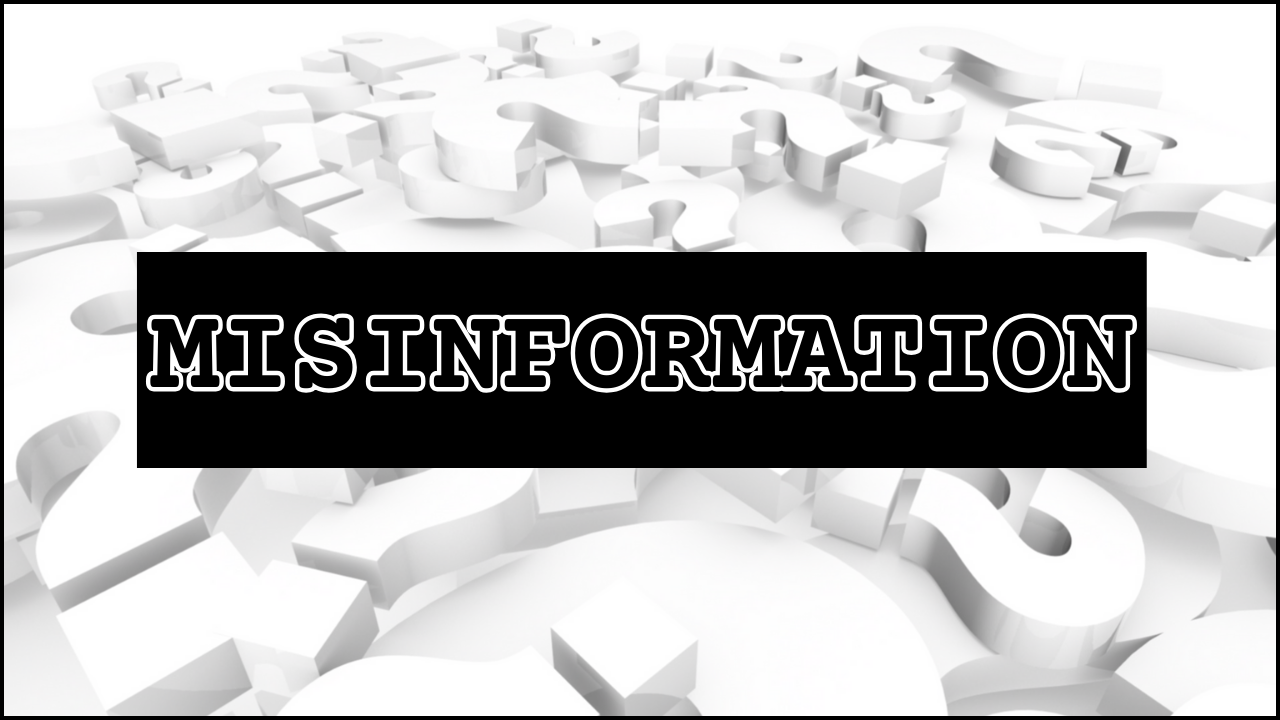Misinformation is a significant concern in today’s world. Often, people claim something is true because it’s endorsed by an authority figure or written in a book. However, anybody can write a book, and simply checking the facts is not always enough. Even a fact that is a hundred percent accurate can be misleading if it is taken out of context.
The Problem with Misinformation
One of the biggest issues with misinformation is confirmation bias. This is when we latch onto evidence that supports our existing views. For example, we might believe that breast milk is superior because it is natural, and ignore any contrary evidence. Even when a fact is accurate, it can still be misleading if it is not representative of the broader context.
Recognizing Biases
There are various biases that can affect our interpretation of information:
- Confirmation Bias: The tendency to favor information that confirms our preexisting beliefs.
- Black-and-White Thinking: Seeing the world in all-or-nothing terms, such as viewing carbohydrates as either entirely good or bad.
Critical Thinking
To combat misinformation, we don’t need advanced degrees in statistics. Instead, we can use critical thinking to evaluate information. Here are some steps to help you think critically:
- Formulate Your Question: Clearly define what you are trying to understand or achieve.
- Gather Information: Collect relevant data and evidence.
- Apply the Information: Ask critical questions about the data.
- Consider the Implications: Think about the long-term consequences of the information.
- Explore Other Points of View: Consider different perspectives and counterarguments.
Healthy Skepticism
Healthy skepticism involves questioning bold claims, even if they align with our beliefs. For instance, if a study claims that breastfeeding leads to lower IQ, we should question the potential common causes, such as family background, that might influence the results.
Flexibility in Our Choices
Recognizing the flaws in certain studies allows us more flexibility in our choices. For example, knowing that the evidence behind avoiding carbohydrates is weak can help us make more balanced dietary decisions without unnecessary guilt.
Conclusion
While it’s impossible to completely eliminate misinformation, reducing our susceptibility to it can significantly improve our decision-making and overall well-being. By applying critical thinking and healthy skepticism, we can navigate the sea of information more effectively.
FAQs
- What is confirmation bias?
- Confirmation bias is the tendency to favor information that confirms our preexisting beliefs.
- Why is misinformation a problem?
- Misinformation can lead to incorrect conclusions and poor decision-making, even if the individual facts are accurate.
- How can I improve my critical thinking skills?
- Follow the steps of critical thinking: formulate your question, gather information, apply the information, consider the implications, and explore other points of view.
- What is healthy skepticism?
- Healthy skepticism involves questioning bold claims and considering alternative explanations and common causes.
- How can I make better decisions in the face of misinformation?
- By recognizing biases, applying critical thinking, and maintaining flexibility in your choices, you can make more informed and balanced decisions.
